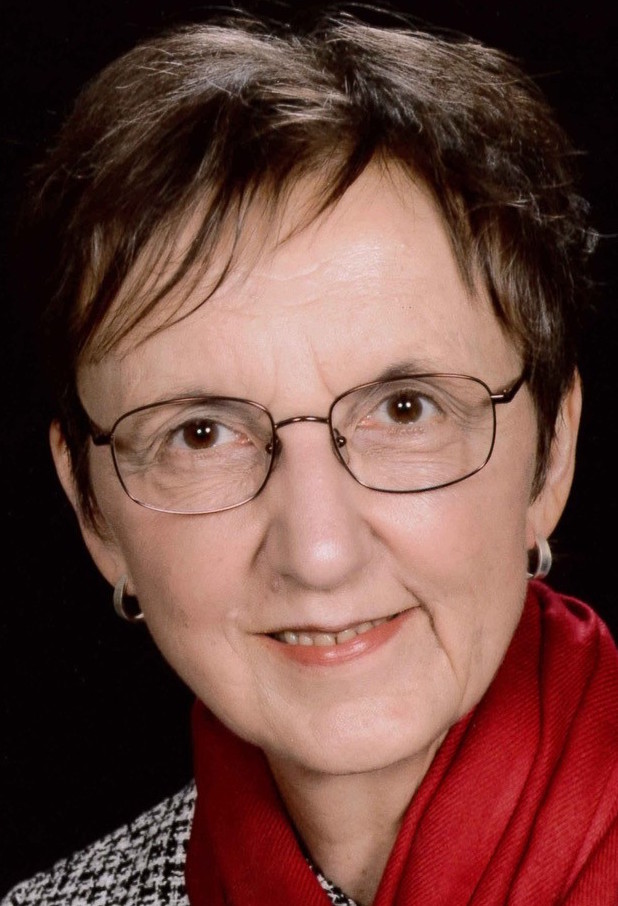Catholic Schools Week
As we continue to live through the COVID-19 pandemic and other social and political crises, it seems like we’ve almost exhausted not only our intellectual, emotional and physical capacity to deal with our experiences, but also our verbal ability to describe them. Words like extraordinary … unprecedented … critical … uncharted seem inadequate in the face of the very real stories, statistics and challenges we encounter every day.
When we chose “We teach you like family” as our Archdiocese of Milwaukee Catholic Schools’ theme last year, we had no idea how fitting it would become. Given the realities of the varied forms of learning our schools have implemented during the past 10 months of the pandemic, that theme could rightfully be restated as “We teach you with family.”
Last March, the more than 2,500 elementary and secondary Catholic school teachers in our 102 schools pivoted, persevered and innovated their forms of instruction, remarkably and professionally, to ensure that students’ learning continued seamlessly. Consequently, and through the virtual learning experiences of their own sons and daughters, families came to intimately understand and appreciate the excellence that characterizes Catholic education at all levels and in all school settings.
One of the defining characteristics of Catholic schools, integral to the Catholic School Standards Project, from which the National Standards and Benchmarks for Effective Catholic Schools emanate, is Steeped in a Catholic Worldview. This characteristic refers to the essential responsibility of Catholic schools to provide students with the knowledge, dispositions, and skills they need to view global issues, precisely like this current pandemic and other critical situations, from the perspective of the Gospel and Catholic Social Teachings. “All curriculum and instruction in our schools should foster the desire to seek wisdom and truth, the preference for social justice, the discipline to become self-learners, the capacity to recognize ethical and moral grounding for behavior, and the responsibility to transform and enrich the world with Gospel values.” [1]
Put simply, we form our students as disciples by teaching them to ask always and in all ways: “What would Jesus do?” “Why would he do it?” and “What should be our response today?” This emphasis on what it means to think and act like Jesus has not shifted or been de-prioritized during pandemic learning, and families have come to experience firsthand, in up-close and personal ways, how formation for discipleship is integrated into every aspect of the Catholic school curriculum.
Viewed from this perspective of discipleship, the foundational Catholic worldview for all our schools, the current crises have the potential to be transformative in both their challenges and their impact. Specifically, because of the pandemic, Catholic schools can now be described as “communities beyond walls.” But we also reflect often about other ways in which we, as Catholic school educators, are changing. For example, what insights are we gaining from connecting virtually and often more frequently with staff, students and families during this time that will influence our future approaches to leading, teaching and interacting? In light of the thousands of meals and other provisions made available to families by many schools, how can the efforts to provide for the needs of the least among us continue beyond the pandemic? How is the impact of the suffering around us, through COVID-19 and other crises, transforming not just our actions, but most importantly our hearts?
As leaders, teachers, staff members and supporters of Catholic schools in the Archdiocese of Milwaukee that are steeped in a Catholic worldview, we take seriously our responsibility to look at, think about and respond to everything that happens around us, no matter how painful or confusing, through the lens of the Gospel. This is the essence of Catholic education: integrating faith with culture, in every circumstance and for every student in our care.
Have a blessed Catholic Schools Week.
[1] J. Michael Miller, C.S.B, The Holy See’s Teachings on Catholic Schools, 2006, pp. 43 – 45, 52.

Dr. Kathleen Cepelka, Ph.D.
